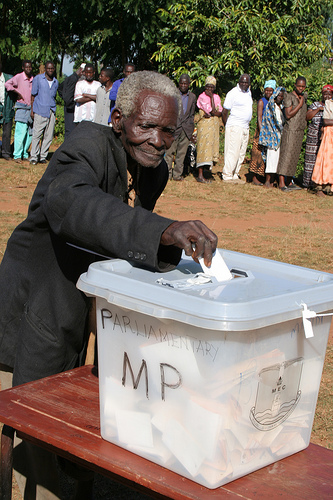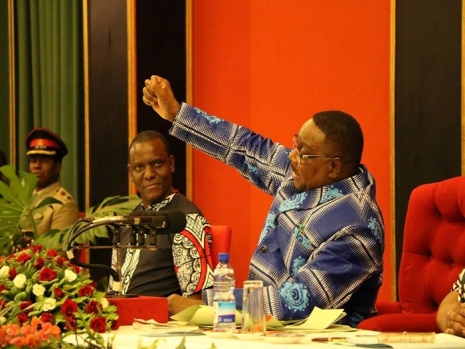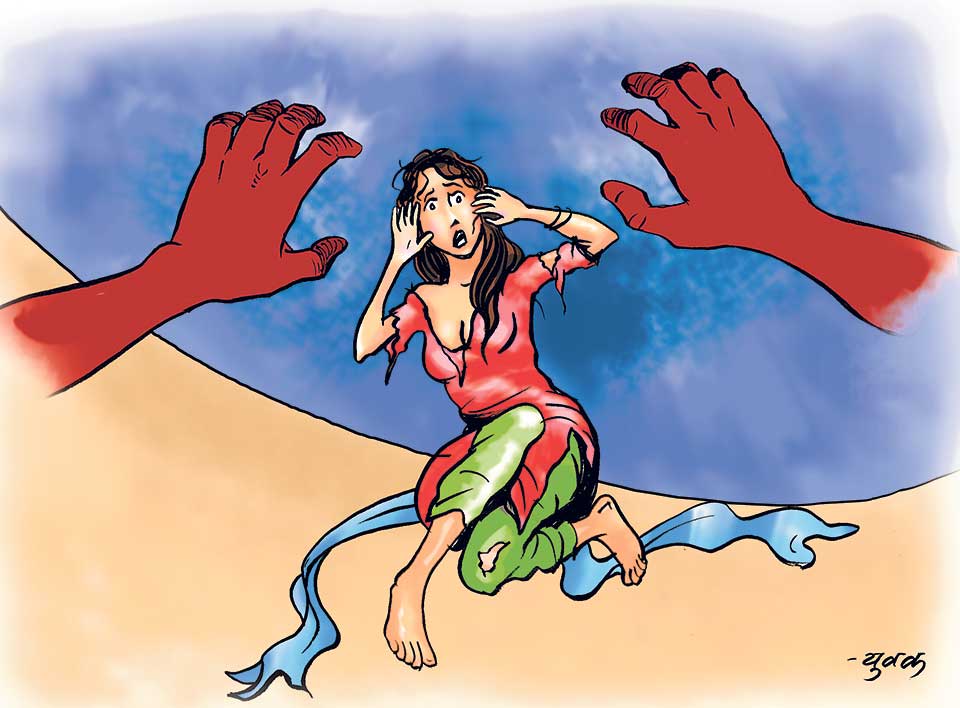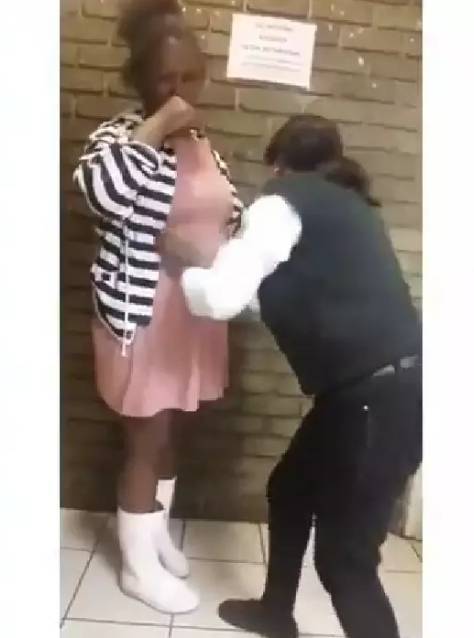By Kim Yi Dionne and Boniface Dulani
In less than a month, millions of Malawians will vote in the country’s first tripartite elections to select their president, members of parliament and local government councilors. The May 20 elections are Malawi’s fifth since transitioning to multiparty democracy in 1994.
A record 12 candidates are competing in the presidential election. There have been no credible polls in the run-up to the elections, but the consensus is there are four leading contenders in the presidential race: the incumbent, Joyce Banda (People’s Party/PP), who succeeded former president Bingu wa Mutharika following his sudden death on April 5, 2012. Peter Mutharika (Democratic Progressive Party/DPP), Lazurus Chakwera (Malawi Congress Party/MCP), and Atupele Muluzi (United Democratic Front/UDF) round out the list of perceived front-runners. African presidential elections often have a strong incumbency bias, and the most recent Economist Intelligence Unit report on Malawi has predicted a Banda win in a “closely fought” election. We think the field is open, particularly because Malawi has a first-past-the-post electoral system, meaning a presidential candidate needs only to win a plurality of the vote to be elected.
This year’s elections are overshadowed by a major corruption scandal, known in Malawi as Cashgate. Cashgate refers to the siphoning of government funds through fraudulent payments and loopholes via Malawi’s Integrated Financial Management Information System (IFMIS) payment platform. The Malawian media dubbed the scandal Cashgate mimicking the famous Watergate scandal in the United States. The first evidence of the scandal emerged in September 2013 when an accounts assistant in the Ministry of Environment was found with huge amounts of money in local and international currencies in the trunk of his car. A few days later, the government’s budget director, Paul Mphwiyo, was shot in what was perceived to be a botched assassination attempt. After further evidence came to light of massive government looting, the police began to investigate and made several arrests, initially of low-level bureaucrats found with stockpiles of cash in their homes and vehicles. To date, 81 people have been arrested and 35 bank accounts have been frozen. Estimates of funds siphoned during Cashgate range from $20 million to $100 million (and one report even went so high as $250 million).
President Joyce Banda seems to have suffered the greatest political costs of the scandal, with recent street protests about Cashgate pointing the finger at Banda. However, most of her serious challengers are also viewed as corrupt. For example, local Malawi media has reported that the genesis of the Cashgate scandal can be traced to the presidency of Bingu wa Mutharika (2004-2012). Despite being advised about the theft of public funds due to loopholes in the IFMIS system, these reports further indicate that the late Mutharika chose not to take action. It is thus difficult for his brother and successor as DPP president, Peter Mutharika, to capitalize on the scandal. Meanwhile, the UDF presidential candidate, Atupele Muluzi, is himself dogged by claims of corruption that occurred during the presidency of his father, Bakili Muluzi, in office from 1994 to 2004.
Seventeen parties are fielding candidates for the 193-seat National Assembly. Analysts expect the top four — the PP, DPP, MCP, and the UDF — will between them win a large proportion of the legislative seats. As in previous elections, hundreds of candidates will be contesting as independents, some of whom are likely to win. The competitive nature of the 2014 elections suggests that no single party is going to secure a clear legislative majority. Research by Georgia State political scientist Dan Young suggests it is likely that several opposition and independent legislators could end up joining the president’s party after the elections.
Since the 1994 democratic transition, Malawi has held local government elections once, in 2000. Turnout for the 2000 local government elections was very poor, at only 14 percent (compare this to average turnout in Malawian presidential and parliamentary elections since 1994: 78 percent). The country has operated since 2005 (the expiry of the terms of the first group of local councilors) without local elected officials, further concentrating power in the center. However, a constitutional amendment in 2010, which was followed by amendments to a number of the country’s electoral laws, provided for local government elections to be held concurrently with the already scheduled 2014 parliamentary and presidential elections. A total of 2,398 candidates (1,981 men and 417 women) are competing for 462 local government seats across the country.
The 2014 elections have already experienced violence. There have been two deaths and multiple reports of violent episodes resulting in injuries and property damage. The two deaths occurred during a campaign rally for President Banda on March 16 in Thyolo, a stronghold for the DPP and its presidential candidate, Peter Mutharika. The DPP alleges an attack on Mutharika’s personal assistant shortly thereafter was committed by youths from the People’s Party.
For the first time in Malawi electoral history, citizens will be able to watch presidential candidates debate the issues. The first of three presidential debates was held yesterday in Lilongwe, Malawi’s capital. Noticeably absent was Banda, who will not participate in any of the debates because she is too “busy.” Peter Mutharika was also absent yesterday, citing “logistical challenges” in being able to participate in the first debate.

Screenshot from MEIC’s web site, where Malawians can check their voter registration status.
Malawi’s upcoming election draws on mobile technology to provide voters information. For example, following low turnout for and public frustration with verifying voter registration at polling centers, the Malawi Election Information Centre (MEIC) now offers voters the option of checking their registration online or via SMS. Soon, MEIC will offer a platform that will crowd-source information from citizen journalists, using a system similar to the one used in Guinea-Bissau’s recent election. Despite these incredible technological advances, according to data collected by the Afrobarometer in 2012, 34 percent of Malawians do not use a mobile phone.
_________________________________
Kim Yi Dionne is Five College Assistant Professor of Government at Smith College. She studies identity, public opinion, political behavior and policy aimed at improving the human condition, with a focus on African countries. Follow her on Twitter at @dadakim.
Boniface Dulani is Lecturer of Political and Administrative Studies at Chancellor College, University of Malawi’s flagship arts and sciences institution. He studies presidential politics, public opinion and political behavior. Follow him on Twitter at @BoniDulani.





No comments! Be the first commenter?